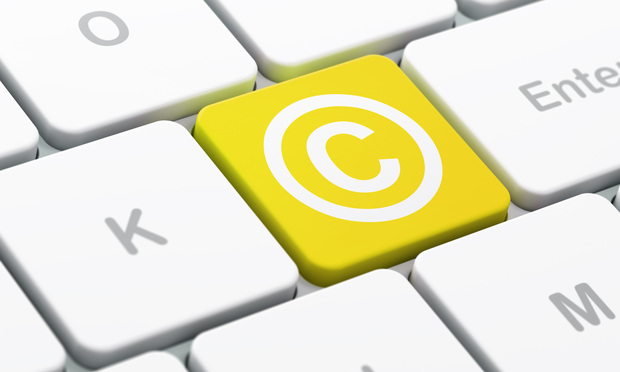Both white collar criminal prosecution and civil remedies thwart the unauthorized use of copyrighted material. Traditionally, injunctions and damages are more commonly used than criminal prosecution to frustrate infringements. However, the increasing use of the Internet for infringement activities makes criminal sanctions a better deterrent than traditional civil actions, thus Internet copyright infringement is emerging as a white-collar crime.
The Internet’s own protocol and the software that allows Internet users to conduct searches to acquire new information also allow those users to readily reproduce some or all of their Internet search for their own uses. The reproduction normally occurs in the form of direct copying of an Internet site’s content. Though the technology exists to prevent such copying and pasting, it is infrequently used by the content provider. This makes Internet copyright infringement easy to execute.
This content has been archived. It is available through our partners, LexisNexis® and Bloomberg Law.
To view this content, please continue to their sites.
Not a Lexis Subscriber?
Subscribe Now
Not a Bloomberg Law Subscriber?
Subscribe Now
LexisNexis® and Bloomberg Law are third party online distributors of the broad collection of current and archived versions of ALM's legal news publications. LexisNexis® and Bloomberg Law customers are able to access and use ALM's content, including content from the National Law Journal, The American Lawyer, Legaltech News, The New York Law Journal, and Corporate Counsel, as well as other sources of legal information.
For questions call 1-877-256-2472 or contact us at [email protected]



